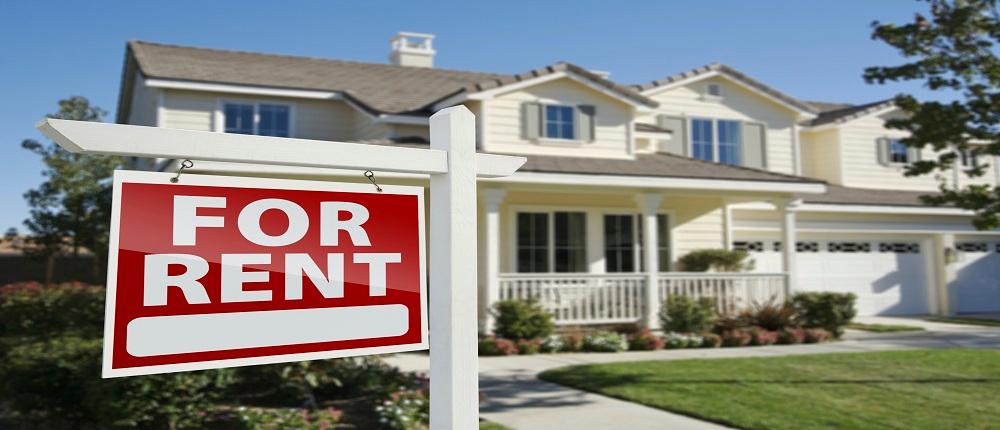
Here’s How Not To Be Stupid When You Rent A New Home
By: ROS Team
Adulting is hard if you don’t know what you’re doing. And to be honest, living alone and making your own home might seem all sunshine and rainbows, but it is not. There are many basic factors you might overlook or simply not know about things before making a decision.
How Not to Be Stupid when You Rent a New Home
1) Inspect the Home Thoroughly
2) Research about the Neighborhood
3) Talk to the Landlord before Customizing
4) Get Renters Insurance
5) Don’t Rely on Verbal Agreements
6) Maintain the Property
1. Inspect the Home Thoroughly
Choosing a home to live in and settle in is a tough job. Sometimes we let our emotions get the best of us and choose the first home we feel the slightest connection with. Feeling connected to home and choosing to live in is fine till you keep an open mind to check everything about the house before finalizing.

Always check for pre-existing damages, plumbing issues, moldy walls, rent increase policy, and so on throughout the house and if you find something of the sort, bring it to the notice of the landlord immediately before finalizing the paperwork and getting stuck with the damaged house.
2. Research about the Neighborhood
Knowing about the neighborhood before renting a place is very important. For instance, you move into your new home and after a few days or even weeks, you find out that the area is shady. Are you sure you would be okay stuck there till the end of the agreement?
Another thing you need to research about the neighborhoods apart from the safety of the area is if the area fits your needs. Research everything from restaurants to grocery stores and even public transportation before finalizing the move to make your stay more comfortable. Learn about the neighborhood before moving—just to make sure you’re going to spend years in the right space.
3. Talk to the Landlord before Customizing
To feel more at home, you might want to change the color of the walls, build a bookshelf, and so on. Before deciding to do such a drastic change, talk to the landlord first about it. Some landlords are fine with customization like painting walls as long as tenants pay to have them repainted after they move. Some landlords like to split the bill of the paint they use and some might be outright against customization of any sort.
4. Get Renters Insurance
Life is unpredictable. You’ll never know what might happen to disrupt a plan. However safe you might feel in your rented home, you can never guarantee for zero disasters to happen. From natural disasters like an earthquake to break-ins and theft, anything can cause damage to your home.
Your landlord might have insurance for the building, but that won’t cover your property damage. Renters insurance will help replace or compensate your items in case of damages and even pay for medical bills for the injuries that might occur while inside the home. For more information, you should read about the renter’s policy in greater detail.
5. Don’t Rely on Verbal Agreements
There might be things you might want to change in your rented home or there might be some things you might want your landlord to change before you move into your rented home. Just having a conversation about changes and things is not enough.

Always seek written agreement rather than verbal agreement for such changes or clarifications. However nice your landlord might seem to you, don’t just trust their words, or you might get screwed over. Insert your clause in the lease, or make other documentation about it, but always have things written and signed.
6. Maintain the Property
You are the one who is responsible to inform the management when there is property damage. Your negligence to the small problems might turn them into larger problems. For instance, if you see a leaky faucet, immediately inform the landlord, otherwise in a few days, due to negligence, it might turn into a flood disaster.
Your landlord is responsible for the repairs, but you are the one who has to inform them about things that are amiss on time. One of the most important factors of maintenance is to keep the place clean. Your rented home might not be your forever home, but it’s yours for the time being. Check how both landlord and tenant are responsible for property maintenance.
Conclusion
There are many factors you need to check before renting your home. A rented home is still your home so treat it like such but at the same time do not make any major changes to the property which might end up in a dispute with the landlord. Always keep in mind to keep the landlord in the loop with all the changes happening in the home which might affect them in the long run. Have a great time moving! All the best!



